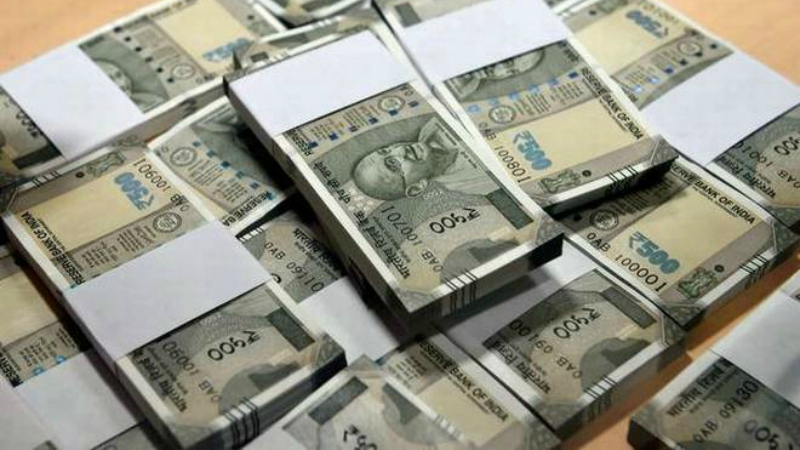Increase of Financial Burden on Indian Tax-Payer

GST had a high impact on Indian business revenues, both public and private sectors. But recently after the revised GST percentages, the graph of revenue collection to the government has fallen slightly.
In the month of September 2017, the revenue collected figure was Rs. 95,131 crore. But whereas in October, it fell to 83,346 Rs. crore, giving a drastic fall followed by in November with Rs. 80,808 crore.
In the early budget to bridge the fiscal deficit of 3.2%, Arun Jaitley, the Finance Minister made the budget raise to Rs.5,80,000 through bond-sales in 2017-18. Finance ministry stated that “Already in the last 2017-18 budget, the government raised borrowings from securities and T-Bills (treasury bills) which is the gross and net market borrowing. Rs. 3.48 lakh crore from securities and Rs. 2002 crore from T- Bills.”
Now as the November revenue fall is due to the cut down of GST rates in many sectors to make people the new tax system acceptable. So, since the expected GST revenue is lower from past few months, the government is having thoughts to borrow additionally which would help in balancing the shortfall. This also helps in not breaching its fiscal deficit target of 3.2%. Treasury bills are the securities with short-term investments that are less than 1 year. Whereas dated securities are more than a maturity period of 5 years. According to the plan of borrowings in January- March 2018, it would be from dated securities. This is been decided as a temporary decision from RBI and will be chopping down the T- Bills’ present collection from Rs 86,203 crore to 25,006 crores by March 2018 as to trim the short-term borrowings.
Our government is working on achieving set goals and making every move to meet the GDP target.





